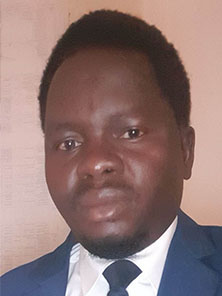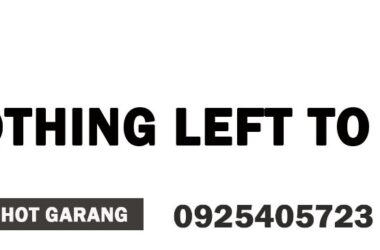By Gama Hassan Oscas
The move by the Bank of South Sudan to embark on always auctioning hard currency as a means to leverage the ailing economy is a flawed strategy for several reasons. As an analyst, I would criticize this decision on the following grounds:
Lack of Evaluation: The decision to auction hard currency without evaluating its potential impact on the lives of common citizens is a sign of short-sightedness and lack of comprehensive planning. Such a move could exacerbate the economic challenges faced by ordinary people and may fail to address the root causes of the economic crisis.
Missing Focus on Real Reforms: Instead of relying solely on hard currency auctioning, South Sudan needs to implement real and meaningful reforms to address the economic challenges. This should include both fiscal and monetary reforms, aimed at improving governance, enhancing revenue collection, and managing public finances more effectively.
Foreign Bank Accounts: The concern that the auctioned hard currency may be ending up in foreign bank accounts is a serious one. Without proper oversight and transparency, there is a risk of funds being misused or diverted away from the country, which further worsens the economic situation.
Impact on Commodity Prices: The auctioning of hard currency without addressing underlying economic issues can result in price distortions, leading to higher prices of commodities and goods for citizens. This can lead to increased financial strain for already struggling households.
Parallel with LC Saga: Comparing the hard currency auctioning to the LC saga where letters of credit were issued for non-existent traders indicates a lack of trust in the system. It raises concerns about potential corruption and mismanagement in the process of currency auctioning.
Need for Real Reforms: South Sudan should prioritize implementing real reforms to address corruption and ensure that revenues from non-oil sources are channeled correctly into government accounts. Prosecuting corrupt officials and ensuring transparent financial practices are crucial for rebuilding public trust and fostering economic growth.
Long-term Solutions: The focus should be on long-term, sustainable solutions to the economic challenges, rather than relying on short-term measures like currency auctions. South Sudan needs to diversify its economy, invest in infrastructure, and promote business and investment opportunities to create jobs and foster economic stability.
In conclusion, hard currency auctioning alone is not a comprehensive solution to South Sudan’s economic woes. The country needs to undertake significant reforms, both in terms of governance and economic policies, to address the root causes of the economic crisis and foster sustainable growth for the benefit of its citizens.
The author of this article is an Advocate and can be reached at Email: oscarsgama@gmail.com




